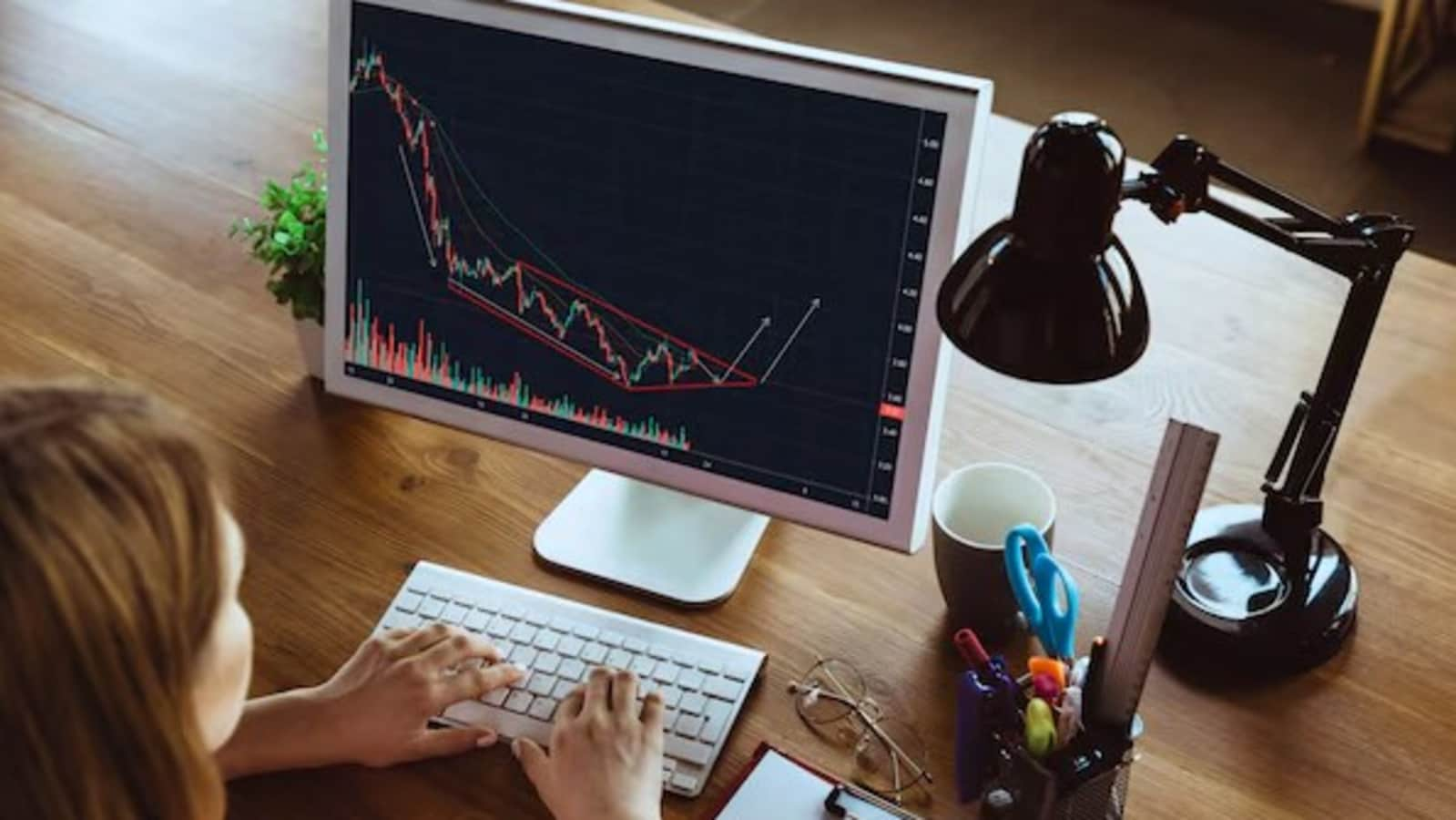ECB Euro Zone monitors banks, sources say
Despite the market celloff, no indication has been seen yet for the alarm
Bank supervisors call banks more often
By Francesco Kenepa and Balaz Korni
Frankfurt, Central Bankers and Supervisors in the UNuro Zone, Britain and Switzerland have increased the monitoring of banks and markets in global shares, but have not yet found any alarm.
US President Donald Trump has unveiled wide global tariffs by US President Donald Trump, preventing the possibility of recession in the world’s largest economy and potentially unstable market accidents.
The European Central Bank, which determines interest rates for the euro zone and oversees its largest banks, has raised its level of investigation as the market sales can translate to damage the real economy. If they last long, four sources told the Reuters.
ECB supervisors are calling banks on their watch more often than normal to check their watch and other forms of funding. The response so far has been confident, sources said, “A point has also been created by Bank of Spain Supervisor Mercedes Olano.
ECB Central Bankers and Market regulators in Switzerland and France were also assured to see that the liquidity of the market was not dried, meaning that the sellers could easily get buyers, even for big positions.
The market operates in very large versions, allowing all investors to trade according to their needs, the French market Watchdog AMF said in an email statement.
A source said that the Bank of England was also monitoring markets for any liquidity strains.
The ECB policy makers, who unlike their peers in Europe, have to struggle with a block of 20 different economies, to zero the government bond spreads, or the premium that weakened borrower pays on the euro zone’s safe haven, Germany.
In the euro region, seen as a measure of investors confidence, the spread has become slightly wide but has been under control. For example, Italy’s 10 -year -old bonds were just 122 base points more than their German counterparts.
It is far from 250 base points, the spread investors were demanding Italian loans at the height of the Kovid epidemic in 2020 and when ECB began to increase rates in 2022.
Speaking in Spain on Tuesday, ECB Vice President Luis de Guindos said the market was to find a new balance in the “always short term” and a new, more fragmented world where development would be low and inflation would be high.
The euro was also growing against the dollar as the world assured the United States economic possibilities and separated from the American currency, D Guindos and others.
While the situation in Europe remained under control, officials in the Euro Zone and Switzerland were still concerned about the troubles from the money acting as Wall Street and especially lenders.
Switzerland’s top market regulator Stephen Walter told Reuters on Tuesday, “It is very important that we follow the development in the so-called non-bank financial institutions sector, including hedge funds, private equity funds, credit funds and so on.”
Sources in the ECB also flagged the risk that damage to these so -called shadow banks could recommend on the traditional banking system.
Another ECB source flagged off a spike in instability – as clarified by the widely monitored VIX index that measures option prices on American stocks – as a sign that the financing situation was deteriorating on the capital market.
The ECB policy makers were determined to compare notes at the European Union Financial Policy Movies meeting in Warsaw later this week. But sources said that an intensive discussion would only be held in a governing council meeting only next week, when ECB is expected to cut rates.
An ECB spokesperson refused to comment.
This article was generated from an automated news agency feed without amending the text.









